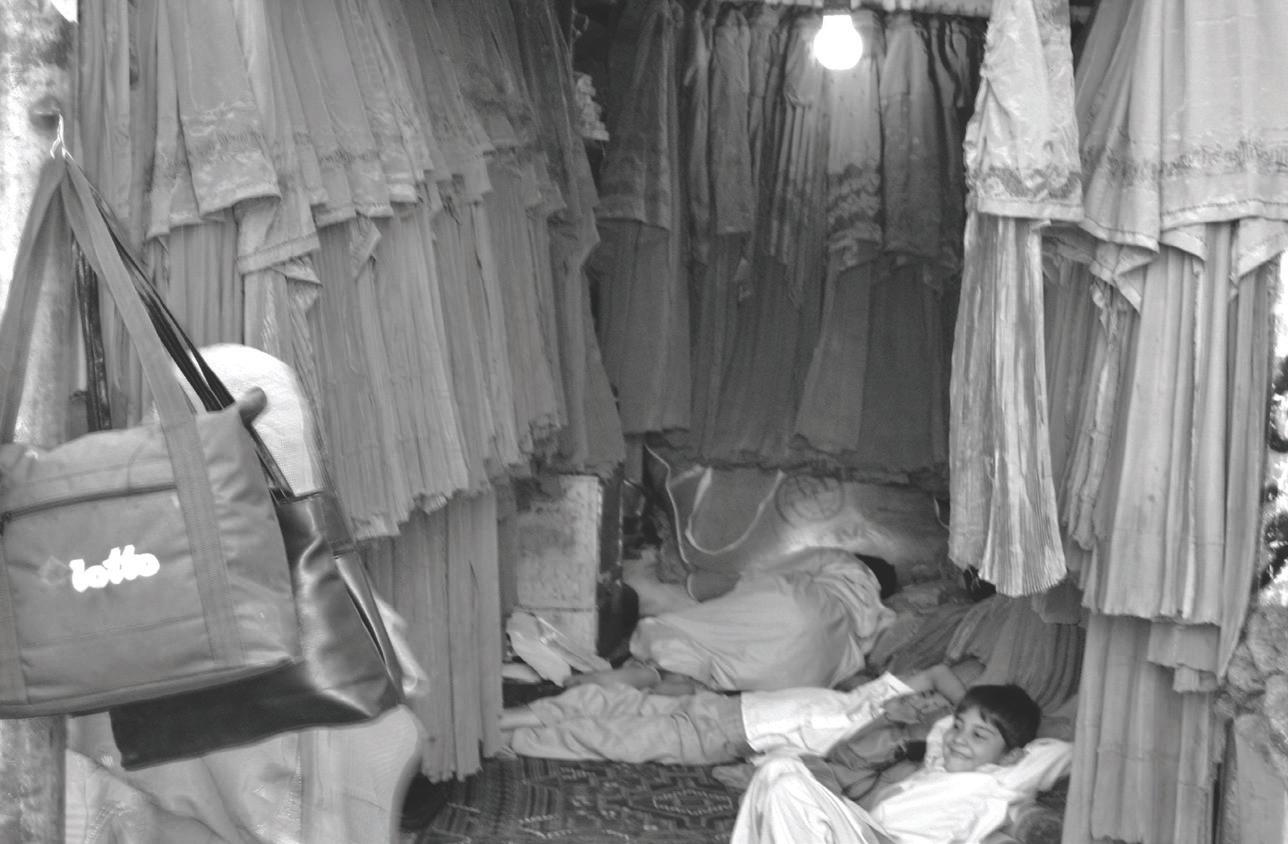Surviving the war on terror
Izaan Masud and Maya Campbell Content Warning: This article mentions terrorism, bombings, and graphic descriptions of violence some may find disturbing. Sharzad was nine years old, venturing out into the hot streets of Kabul to go home after spending time at her local mosque. She had gone to pray, hoping that she would get into her school of choice. On either side of the street stood green and brown armored personnel carriers 20 times her size as she passed by. All around her towered massive walls of slate-gray concrete baking in Kabul’s blistering sun. Suddenly, she heard a loud, gutwrenching sound ripple through the air as a flash of light took over her vision. Soon, she felt stabbing chunks of shrapnel in her sides. “The explosion happened on our way home. It cut my stomach open, and I thought I was going to die [...] I tried to walk after the explosion knocked me down, but when I got up, I fell down
again. I think I fell because I tripped on my intestines,” Sharzad recalled. Sharzad was caught in the crosshairs of a Taliban bomb planted at the mosque to assassinate a local political figure. She survived due to the quick actions of her family. Many in her position are not so lucky. Her story was featured in the report The Human Cost by the Human Rights Watch (HRW). HRW used pseudonyms for the victim and her mother to protect their anonymity. This story stuck with Michael Shaikh, a former member of HRW and the Civic Center for Civilians in Conflict. He helped ensure civilians did not come in harm’s way during the United States’ operations against the Taliban. While Shaikh was working in Afghanistan, soldiers had to remain vigilant due to Taliban threats. At the same time, Afghans living in Kabul had to continue with their daily lives, whether or not there were soldiers. The Afghani citizens and soldiers had many miscommunications due to cultural and language differences, and those
Photos by Michael Shaikh
miscommunications could quickly become tragic. “Americans are trying to tell cars to stay back and keep their distance so they can judge which cars are hostile or not. [...] But so many people ended up getting hurt in these accidents with the US military,” Shaikh said. Despite seeing Kabul in great tragedy, Shaikh thinks of persistence when recalling stories of the war on terror. “We talk about surviving, but surviving is not the right word because it almost feels passive. People are persisting. Persisting to live and persisting in making opportunities for their children and themselves,” Shaikh said.
MAY 2022 HIGHLANDER 41




















